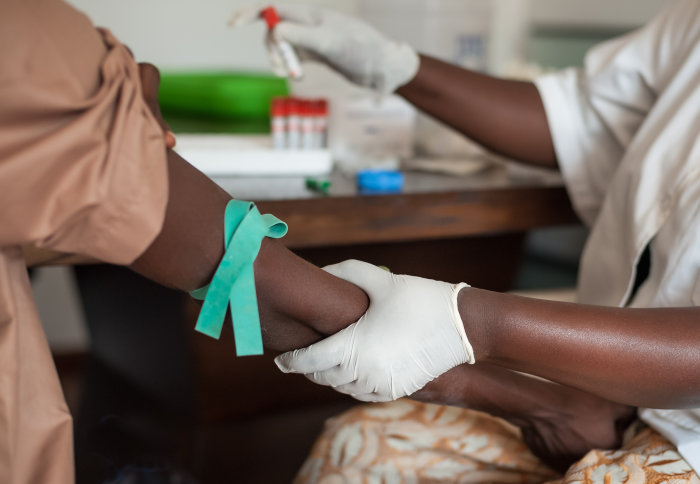$14.5m Gates Foundation grant to help improve global healthcare

A $14.5m grant from the Bill and Melinda Gates Foundation will help an Imperial group improve and expand healthcare access in developing countries.

Under the leadership of Professor Kalipso Chalkidou, Professor of Practice in Global Health at Imperial, the Global Health and Development Group is a core partner of the International Decision Support Initiative (iDSI), a global network of health policy makers, researchers, and development experts.
The network provides expert advice to decision-makers in LMICs to support them make evidence-informed decisions about how much public money to spend on healthcare and how that money can be spent as effectively as possible.
The iDSI works with policymakers and healthcare payers in low and middle-income countries, primarily in Sub-Saharan Africa, to understand and respond to challenges such as sustainable health insurance and access to quality healthcare.
Critical decisions
iDSI Director Professor Chalkidou, who also directs the Global Health program at the Center for Global Development, said: “With government and aid budgets under pressure, many developing countries are facing declines in health funding and are going to have to make difficult choices.
"Policymakers’ decisions about what health care to make available and at what cost can be a life or death decision for people across the developing world. We will inform these critical decisions with data and evidence that maps out how best to spend limited funds to improve outcomes and save lives.”
"Policymakers’ decisions about what health care to make available and at what cost can be a life or death decision for people across the developing world." Professor Kalipso Chalkidou Professor of Practice in Global Health at Imperial
The network is already influencing policy in China, India, Indonesia, Philippines, Vietnam, South Africa, Tanzania, and Ghana – where there has been tangible progress toward national institutions being established to embed value-for-money into decision-making about what medicines, vaccines or other health services should be offered to the population, and how these could be procured in the most cost-effective way.
The network has supported Tanzania to prioritise its Essential Medicines List from 500 to 400 drugs, reducing spending on poor value items and freeing up resources to improve access to the most cost-effective medicines.
The network has also trained Kenya’s Health Benefits Package Committee on measuring the added value of a new health intervention compared to existing ones, piloted a local quality improvement initiative with hospital staff in Vietnam to reduce inappropriate antibiotic prescribing for pneumonia and brought together more than 100 policy makers working across Sub-Saharan Africa to share knowledge and best practice.
Improving health outcomes
Backed by Chinese, Thai, Norwegian and British governments, the iDSI, also receives funding from the Department for International Development, a UK government department responsible for administering overseas aid, and this renewed phase will see a stronger emphasis on Sub-Saharan Africa. iDSI’s flagship countries include Kenya and Ghana, where global health funders will be departing and domestic health care spending is on the rise.
Additionally, many Sub-Saharan African countries are currently introducing national health insurance or coverage plans and making important decisions about what health services and technologies should be included in Universal Health Coverage offerings, where value for money considerations could make a huge difference in health outcomes.
Global network of health partners
The other core partners in the global network include the Center for Global Development, the Asia HTA consortium which includes the National Health Foundation of Thailand, the Saw Swee Hock School of Public Health, National University of Singapore and Health Intervention and Technology Assessment Program (HITAP), the China National Health Development Research Center, KEMRI (Kenya Medical Research Institute) Wellcome Trust Programme, the Norwegian Institute of Public Health, and the Clinton Health Access Initiative.
Article text (excluding photos or graphics) © Imperial College London.
Photos and graphics subject to third party copyright used with permission or © Imperial College London.
Reporter
Stephen Johns
Communications Division